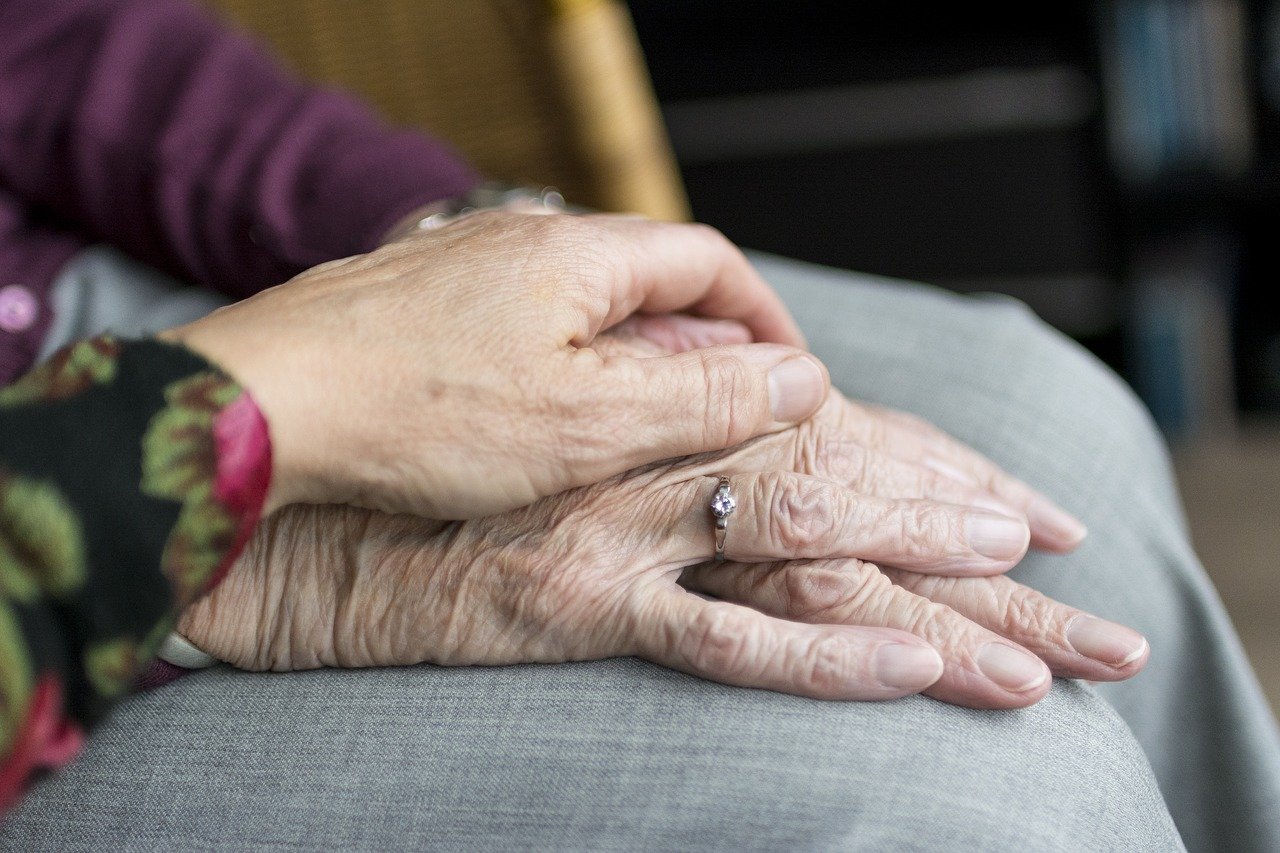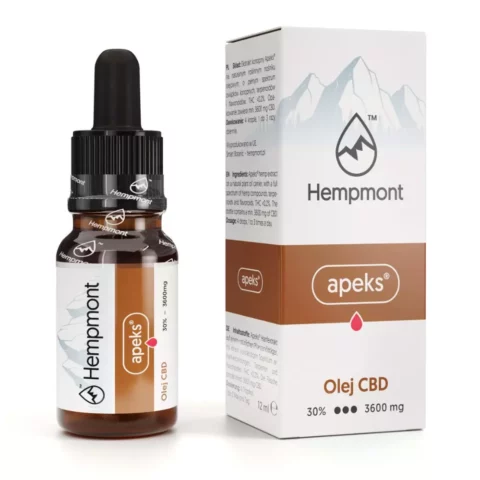
- 30 March 2022
- 0 comments
- 1 Wyświetlenie
Peripheral neuropathy is another condition whose treatment can be successfully supported by hemp and CBD oils. I Patients are increasingly turning to cannabidiol, especially as scientific studies clearly show its positive effects on the functioning of the nervous system. What is peripheral neuropathy and how will taking CBD oils support its treatment? What does scientific research say about the effectiveness of CBD oils in the context of neuropathy?
What is peripheral neuropathy?
To begin with, it is good to know what this peripheral neuropathy, otherwise known as peripheral nerve disease or peripheral nerve inflammation, even is. Well, neuropathy is a disease of the nerves, the transmitters of impulses to different parts of the body, in addition to the brain and spinal cord.
It can be caused by trauma or inflammation that disrupts the conduction of motor and sensory information along the nerve fibres. For example, the facial nerve can be damaged, which is known as Bell's palsy. This disease does not have a single cause and may involve paralysis of one nerve, several or a large number of them. Symptoms are also vague and vary in intensity. The risk of neuropathy increases with age and it is estimated that up to 10% patients over 55 years of age may be affected.
- Working in the same position for a long time, e.g. in a crouch or on your knees,
- Pressure caused, for example, by a plaster cast worn too tightly, anatomical defects (e.g., carpal tunnel) or pressure from a tumour on a nerve,
- Injury resulting from an accident, gunshot wounds, broken bones or complications after surgical procedures,
- Infection with viruses and bacteria or ischaemia,
- Complications of certain diseases, such as uremia, diabetes, HIV or Lyme disease,
- Side effects of medication takensuch as isoniazid, used to treat tuberculosis, or phenytoin, an anti-epileptic drug,
- Alcohol abuse,
- Taking excessive doses of medicationsuch as B vitamins, especially B6,
- Chemical poisoningemissions, e.g. lead in paint production and the metal industry, arsenic, e.g. in the production of plant protection products, or thallium, e.g. in the production of rat poison.
- Tingling sensations occurring in different parts of the body,
- Numbness and helplessness, often of the hands
- Pain in the peripheral parts of the limbs,
- Paresthesias,
- Muscle atrophy,
- Paresis,
- Neuropathic pain,
- Baking,
- Sexual dysfunction,
- Proprioceptive sensory disturbances, for example, can result in clumsiness when moving and even falls, which in the case of older people can have serious consequences in terms of fractures,
- Urinary incontinence.
Course of treatment of peripheral neuropathy
Treatment of peripheral neuropathy can be carried out by conventional methods, but natural medicine can also be relied upon. There is also nothing to prevent the methods of treatment being combined and supporting rehabilitation and medication with natural preparations, such as CBD oils.
As with most diseases, the treatment of neuropathy largely depends on the stage of the disease. That is, the earlier it is detected, the better the chances of a cure. Late diagnosis means, unfortunately, a decreasing chance of stopping the progression of the disease, and the treatment of peripheral neuropathy is mainly reduced to symptom relief. Restoring the nerves to their former function is unfortunately very difficult.
However, nerve regeneration is possible, if only through the use of CBD oils, which have shown the ability to regenerate nerve cells.
Even with conventional methods of treating neuropathy, such as physiotherapy and rehabilitation, massage, B12 supplementation, drug treatment or post-surgery (e.g. carpal tunnel syndrome), it is worthwhile to support yourself with natural medicine. Herbs, evening primrose oil, capsaicin, small concentrations of RSO oil from cannabis or precisely CBD oil made from hemp seed can be used.
CBD oils and neuropathy
CBD is, after THC, the best studied cannabinoid. But unlike THC, it does not have psychoactive properties, so you cannot become addicted to it. Scientific studies clearly state that the use of cannabidiol relieves pain and alleviates, if not completely eliminates, inflammation in the body. And it is because of these properties that CBD oils can help patients suffering from peripheral neuropathy. But this is only a prelude to the whole spectrum of positive effects of CBD oils on the body, thanks to which taking cannabidiol can provide invaluable help to sufferers. And the list of positive effects is truly long:
- analgesic and anti-inflammatory action,
- As a powerful antioxidant, CBD protects cells from damage,
- deletes the anti-stress effect,
- supports falling asleep and improves the quality of sleep,
- calms and relaxes,
- exhibits antidepressant and anti-anxiety effects,
- supports the body's natural balance (homeostasis) by acting on the endocannabinoid system,
- has a relaxing and antispastic effect,
- shows antiviral, antibacterial and antifungal activity,
- has antiemetic properties,
- exhibits neuroactive and neuroprotective properties - CBD has the ability to regenerate nerve cells, stimulates the nervous system and prevents neurodegeneration.
Taken together, all these properties of CBD oils can support patients suffering from peripheral neuropathy. In doing so CBD oil is a natural product that is virtually impossible to overdose on and rarely causes adverse reactions.
However, if you are taking medication, the intention to use CBD oils should be made known to the treating physician. This is because it is possible that cannabidiol may affect their effects, e.g. by delaying them.
- https://pl.wikipedia.org/wiki/Neuropatia
- "Cannabinoids for neuropathic pain"; Perry G Good, Mark J Rosenfeld; https://pubmed.ncbi.nlm.nih.gov/25160710/.
- "Efficacy of topical cannabidiol oil in the symptomatic relief of lower limb peripheral neuropathy"; Dixon H Xu, Benjamin D Cullen, Meng Tang, Yujiang Fang; https://pubmed.ncbi.nlm.nih.gov/31793418/.
- "Cannabidiol inhibits paclitaxel-induced neuropathic pain via 5-HT 1A receptors without impairing nervous system function or chemotherapy efficacy"; Sara Jane Ward,Sean, D. McAllister, Rumi Kawamura, Ryuchi Murase, Harshini Neelakantan,Ellen A Walker; https://bpspubs.onlinelibrary.wiley.com/doi/full/10.1111/bph.12439










